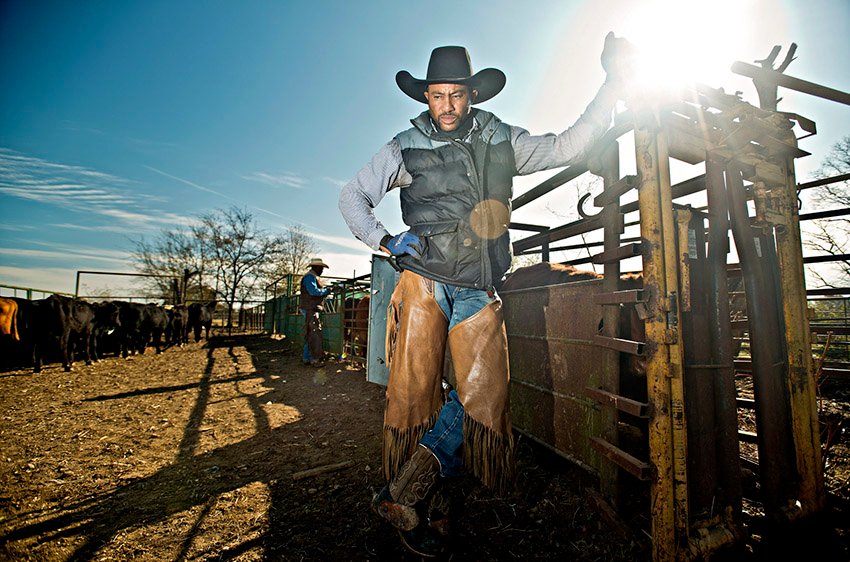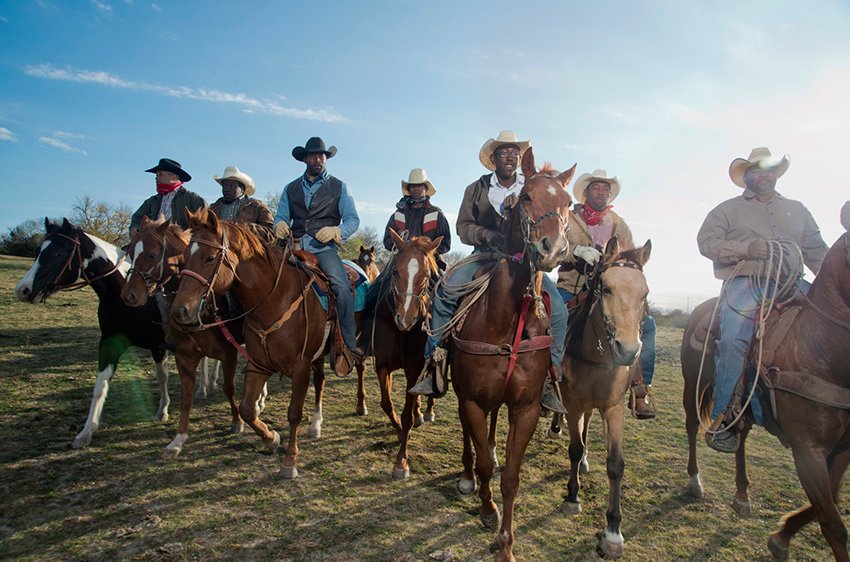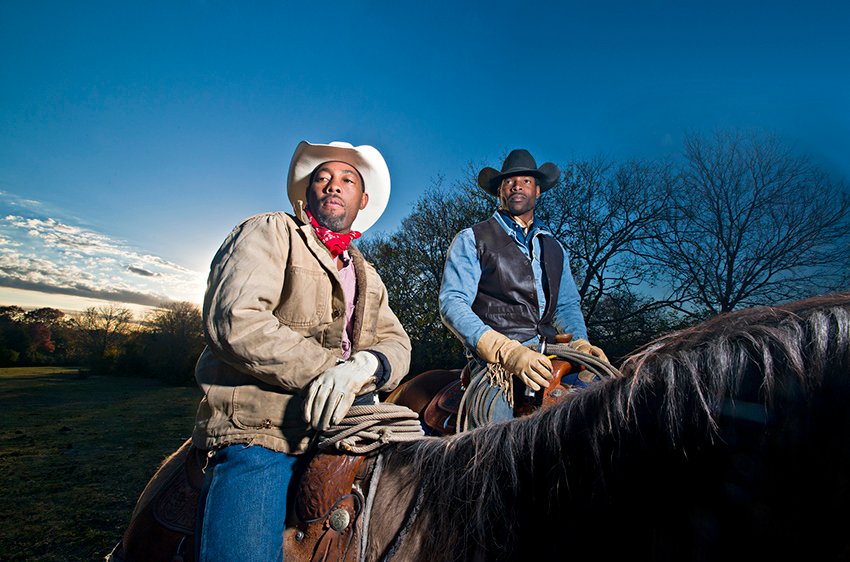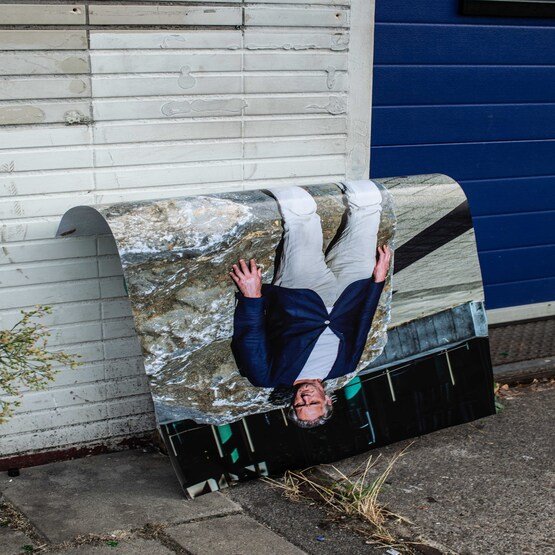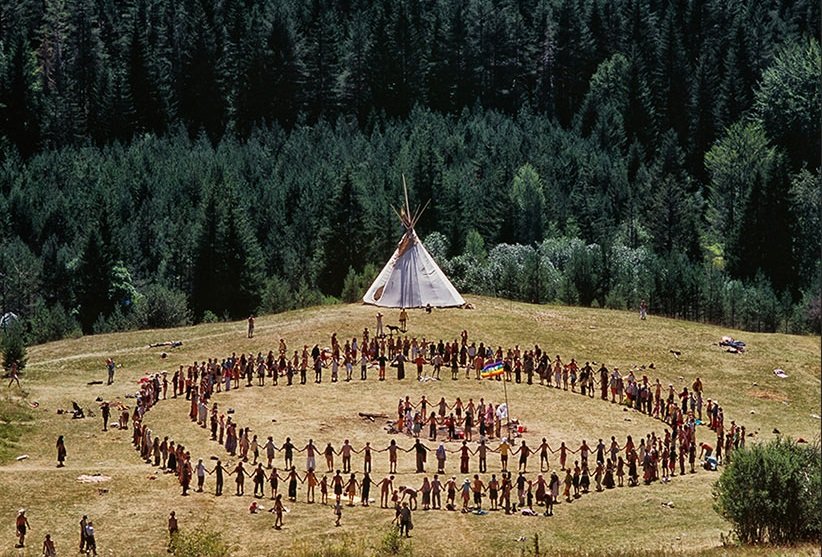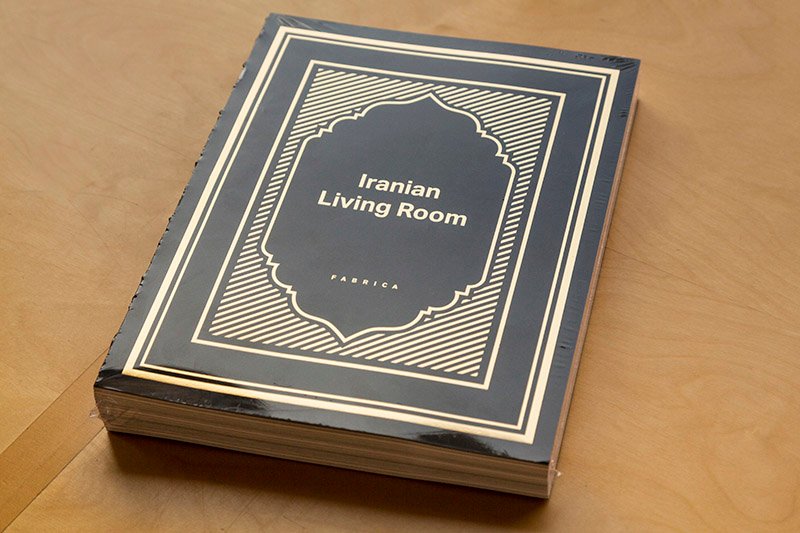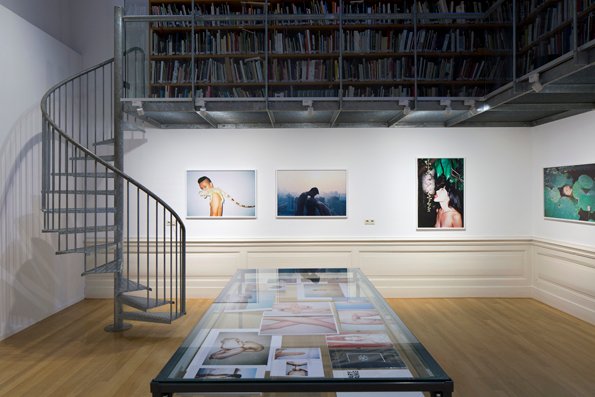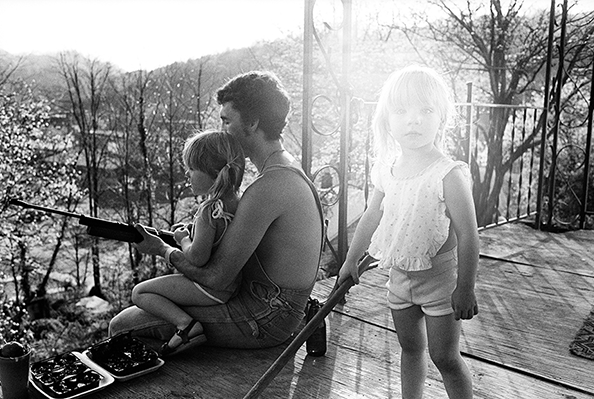U.S.A. –
As a ten-year-old boy playing cowboys with friends at school in England, I was never allowed to be a cowboy; I could only be a Native American Indian. I was told: “Black boys were never cowboys” or “Have you ever seen a black cowboy?”
I had to admit that I had never seen a single black cowboy.
The only cowboys we ever saw were your white archetypal squared-jawed, American gun-slinging heroes. Think of our screen legends; The Lone Ranger, John Wayne, Gary Cooper, Roy Rogers, Clint Eastwood, right up to The Marlboro Man.
The list is endless, but, not one black cowboy amongst them.

The Boot Hill possie, Jason Griffin(left) and others, on their way to rounded up the stray horses and cattle on the ranch.
Indeed Hollywood played a big part in keeping the cowboy myth alive. In fact where American history and identity has been projected by Hollywood and the mass media, the non-white settlers have largely been left out of the story.
Thirty years later and enjoying watching those same legends with my own children, I have only just learnt the truth; many of the first cowboys were black. I have now made it my metier to discover these forgotten cowboys. And I have been both surprised and excited to find a thriving African American cowboy community.
There are many reasons why the history books fail to mention the contribution of the black cowboys. Oral tradition had preserved stories in the past, but illiteracy played a major role in their exclusion from America’s written history. Those who were literate always wrote their history, those who could not simply disappeared.
The original term ‘cowboy’ was a derogatory slight against the black man often born into slavery. The terms house boy, field boy, kitchen boy and ‘cow boy’ were commonly used. Ironically, because of the abilities of these early stock handlers, the term became associated with strength, skill, and toughness, and courageous ruggedness.

Cowboy foreman Tim Cook working on the E4 cattle ranch in Houston, Mississippi. Tim is a professional cowboy, he and his small team of professional cowboys work the cattle and other livestock for ranch owners in and around the surrounding areas.
After the American civil war many black cowboys and former plantation slaves enlisted in the army cavalry and were known as Buffalo Soldiers. Once they left the military they stayed in the Western territories and became ranch hands or cowboys. Non-military black men simply went west, seeking a better life, signed on with ranches and learned on the job. They were often brilliant horseman or sharp shooters, and many went on to become ranch foremen and managers, while others were hired as guides or federal peace officers in the Indian territories.
It is estimated that as many a third of all cowboys contracted to drive cattle to markets across America were either black or Indian.
As well as the physically hard lifestyle, African American cowboys often had to endure discrimination, bigotry, and prejudice. To counter this they learnt to excel at their work. They were most often the best at roping, bronco busting, taming mustangs, calling the brands, controlling the herd, or topping off horses.
I found it thrilling to see how these skills have been passed down through the generations. From New Mexico to Texas and as far up as the San Francisco Bay Area, many African Americans can trace their lineage right back to the old South.
I will continue my work and am anxious to discover more about some of the amazing characters, meeting the new breed of 21st century black cowboys working on the many ranches scattered around the Southern states today. I hope to document the lives of the men women and children who compete in the hundreds of rodeo events across the country. Shockingly many black cowboys from communities across theUSwere banned from competing at the main rodeos right until the late 1980’s.
Even with that hardship, I have found that black cowboys were fundamental to the evolution of the western narrative, which has been so central to the identity of mainstream or ‘White America’.
When I came across this community of black cowboys recently in Texas, it surprised me how little I knew and also how little was known about these true pioneers of the Wild West.

Bud Ford working a ranch in Waco Texas. Bud as been a professional cowboy for over thirty five years, working as a freelance Cowboy, he works with a small team of professional cowboy’s working the cattle and other livestock for ranch owners in Waco and the surrounding areas.
For too long now, the contributions of the African-American cowboy has been overlooked and almost forgotten in the great history of the American West. I would like to recognise these unsung heroes.
My aim is to produce a multimedia exhibition, which will consist of one full length documentary feature film, a couple of short video stories, a photographic portrait series and a photographic book, all under the title of ‘The Forgotten Cowboy’.
I want to realise the widest cultural and educational exposure for this captivating and vastly unexplored subject matter globally.
My responsibility as a documentary photographer/film-maker is to translate what I see and to produce an objective project that ultimately enlightens, entertains, stirs emotion, educates, and hopefully leaves an indelible impression. And as a visual artist I have a keen curiosity in every new story that comes my way.
I hope to create an extensive chronicle on this much over-looked community that has served its nation well over the centuries, without recognition or reward. These cowboys and cowgirls are proud of their heritage and background and have seen their stories gradually, if very slowly, entering mainstream American history, so I would like to help promote and document their stories, taking it to a much wider and diverse audience.
Photography and written by John Ferguson
